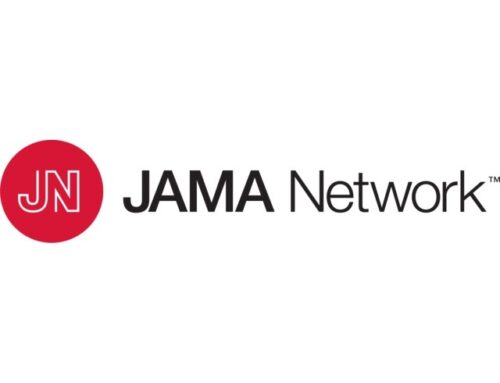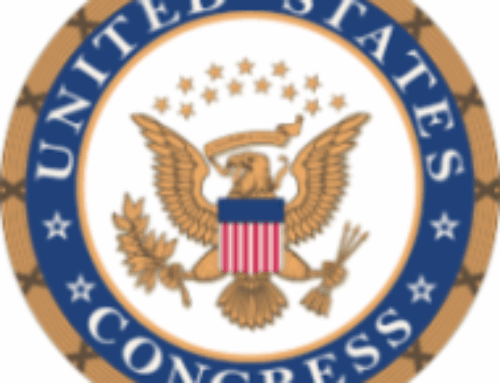CENTER UPDATE | SEPTEMBER 2022
In this Issue:
• V-BID Elements in the Inflation Reduction Act of 2022
• Federal Court Ruling on PrEP and USPSTF Recommended Services
• Impact of Health Care Associated Cost Concerns on Mammography Utilization
• Survivor Views on Copay Assistance
• Association of Chronic Disease with Patient Financial Outcomes
• Specialty Drug and Health Care Utilization Vary by Wage Level in Employer-Sponsored Health Plans
• The Value of Medical Innovation in the Fight Against COVID-19 in the United States
• 95% of Seniors Worry About Healthcare Inflation
• Older Black and Latinx Adults Talk About Affordability Challenges
• Filling the Gaps: The Role and Value of Supplemental Benefits in Medicare Advantage
• Webinar: Insights into the Expansion of New Preventive Care Benefits in HSA-Eligible Health Plans


Inflation Reduction Act of 2022 Includes Several V-BID Elements
The Inflation Reduction Act of 2022, which passed the Senate on August 7th, includes several V-BID related items, notably:
- Caps Medicare patients’ out-of-pocket costs at $2,000 per year, with the option to break that amount into affordable monthly payments
- Covers adult vaccines recommended by the Advisory Committee on Immunization Practices under Medicare Part D without cost-sharing
- Amends the Internal Revenue Code to create a safe-harbor allowing Health Savings Account-eligible plans to cover insulin prior to meeting the plan deductible
- Caps Medicare patients’ out-of-pocket costs for insulin at $35 per month

Court ruling on PrEP and USPSTF Recommended Services Could Have Sweeping Implications for Preventive Care
A federal court ruling that struck down required coverage of HIV prevention medication under the ACA may have sweeping implications for whether insurers will have to continue offering a range of no-cost preventive health services. If applied to the services recommended by the USPSTF that are currently covered without consumer cost-sharing, millions of Americans could be on the hook financially for some of the highest-value preventive services. Read more here.


Impact of Health Care–Associated Cost Concerns on Mammography Utilization: Cross-Sectional Survey Results From the National Health Interview Survey
Analysis of the 2018 National Health Interview Survey has found that cost-related barriers are associated with decreased utilization of routine mammography. Respondents who reported worry paying medical bills (48.4%) and patients who skipped or delayed medication doses were less likely to report receiving mammography screening.

Survivor Views: Copay Assistance and Patient Navigation
A survey of 1,241 patients and survivors of cancer nationwide diagnosed with or treated for cancer in the last seven years provides insight into experiences and perspectives on copay assistance, patient navigation, and digital therapeutics. Key findings are included below.
- 31% of those surveyed say cancer care is expensive and prescription drug costs are a challenge, with 20% having skipped or delayed care due to cost
- 83% of those who have enrolled in copay assistance programs agree that the assistance provides access to medication at they otherwise couldn’t afford
- Negative impacts are even greater among some patient populations, with over 25% of Black, Hispanic, and Asian cancer patients and survivors reporting they have declined treatment due to cost after finding they were unable to enroll in a copay assistance program

Characteristics Associated with Low-Value Cancer Screening Among Office-Based Physician Visits by Older Adults in the U.S.A.
To estimate the frequency of low-value cervical, breast, and colorectal cancer screening in older adults in the U.S., USPSTF age thresholds were applied to pooled cross-sectional data (2011–2016) from the National Ambulatory Medical Care Survey. Age, race/ethnicity, and physician specialty are associated with receiving low-value cancer screenings.

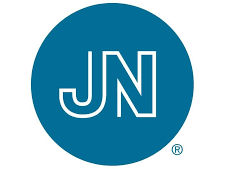
Association of Chronic Disease With Patient Financial Outcomes Among Commercially Insured Adults
To determine the association between chronic disease diagnoses and adverse financial outcomes, a cross-sectional study was conducted of approximately 2.8 million commercially insured adults. In summary, the likelihood of adverse financial outcomes, such as medical debt, were substantially higher with a greater number of chronic conditions.

4 in 10 Americans Cut Spending to Cover Healthcare Costs
A new study by West Health and Gallup reports that 25% of adults are skipping care or medicine due to rising costs, two-fifths are concerned about affording needed care in the next six months, and women under 50 are disproportionally forgoing care and prescription drugs.
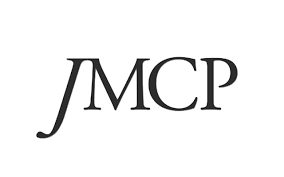
Specialty Drug and Health Care Utilization Vary by Wage Level in Employer-Sponsored Health Plans
Recent research shows that low-wage employees with autoimmune conditions are significantly less likely to use specialty medications for autoimmune conditions and have a lower monthly supply when these medications are used, as well as higher rates of hospital admissions and ER visits.


The Value of Medical Innovation in the Fight Against COVID-19 in the United States
A research paper co-authored by A. Mark Fendrick, MD, Director of the Center for Value-Based Insurance Design, assesses the impacts of new medical innovations for COVID-19, including both vaccines and therapeutics. These innovations saved at least 699,110 life years in the U.S. and $371.6 billion. In addition, the availability of vaccines and therapeutics resulted in a value of $933.1 billion.
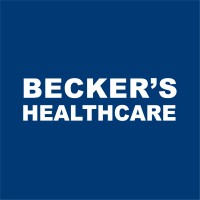
Out-of-Pocket Patient Costs Climbed Before Pandemic
Analysis of IBM Marketscan Commercial Claims and Encounters database between 2013 and 2020 examined out-of-pocket costs for more than 45 million patients. Highlights are included below:
- The share of patient out-of-pocket costs rose by 1.6% between 2013 and 2019
- Out-of-pocket cost-share decreased 2.6% in 2020
- Out-of-pocket expenditures for outpatient services grew faster between 2013 and 2019 ($470 to $631) than for inpatient services ($109 to $127); Prescription drug expenditures decreased from $158 to $148 over the same period
- 13% of patients were enrolled in a high-deductible health plan or consumer-directed health plan in 2013. By 2020, 28% of patients were enrolled in those plans

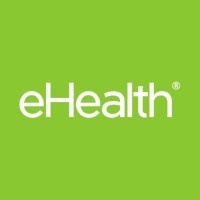
95% of Seniors Worry About Healthcare Inflation
A survey of Medicare beneficiaries has found that 95% of seniors are worried about the impact of inflation on health care costs, 45% say their personal health care costs have already increased as a result of inflation, and 86% believe Medicare should negotiate with drug companies to reduce costs.
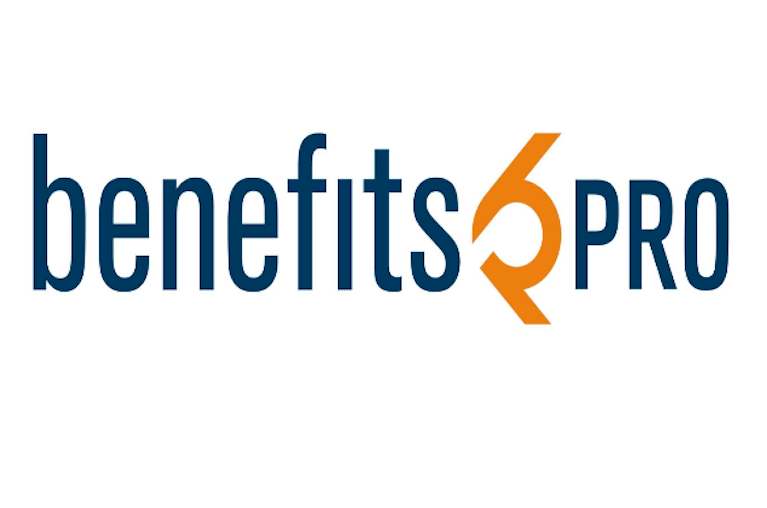
Health Care Consumers Plagued by Inaccurate Procedure Estimates
According to a recent survey, 3 in 4 millennials and 6 in 10 consumers living paycheck-to-paycheck cancelled a medical care appointment after receiving a high estimate. 60% of patients who paid out-of-pocket health care costs and received either an inaccurate cost estimate or an unexpected bill report interest in switching health care providers.
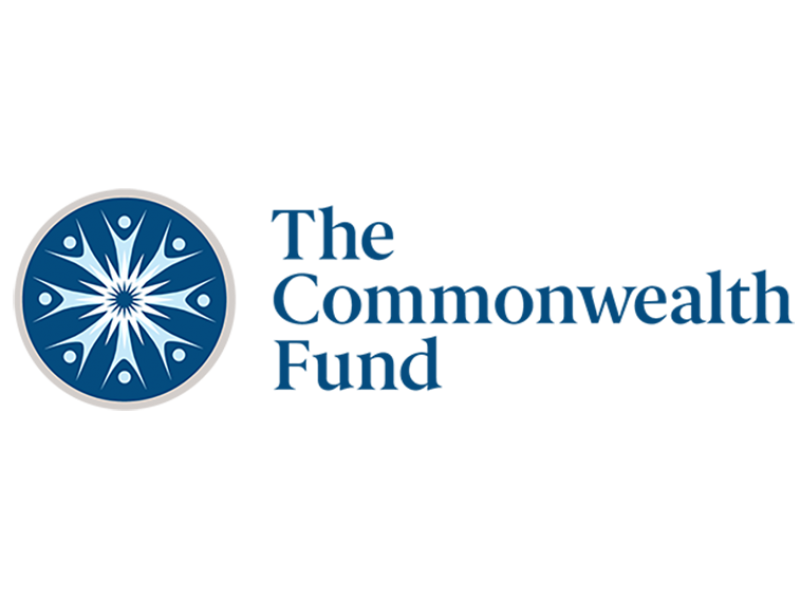
Older Black and Latinx Adults Talk About Affordability Challenges
A series of focus groups explored perceptions of healthcare affordability among Black and Latinx Medicare beneficiaries 65 and older. Participants expressed frustration with high healthcare costs, avoidance or delay of care due to cost, lack of clarity around service prices and billing, distrust in the healthcare system, and desire for policy changes that increase accessibility and affordability of care.
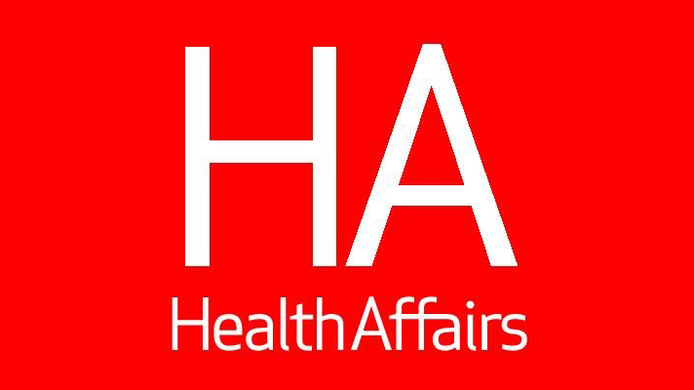
Filling the Gaps: The Role and Value of Supplemental Benefits in Medicare Advantage
Authors of a recent Health Affairs Forefront suggest that CMS can build on on the Value-Based Insurance Design (VBID) Medicare Advantage model and data collected through it. The VBID demonstration allows Medicare plans to target benefit design to enrollees based on chronic conditions or socioeconomic characteristics and incentivize the use of benefits through rewards and incentives.


Webinar: Insights into the Expansion of New Preventive Care Benefits in HSA-Eligible Health Plans
On September 22, 2022, the Employee Benefits Research Institute will host a webinar to examine the popularity and impact of the 2019 IRS rule that expanded preventive service coverage. Register for the webinar here.
Please Help Support the V-BID Center
As a non-profit entity, the V-BID Center relies on fundraising to support our research, education, and policy efforts. Please help us continue our work by donating here. We truly appreciate your consideration.





